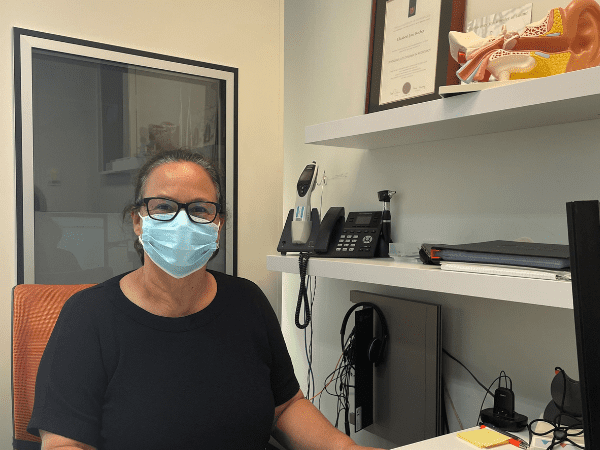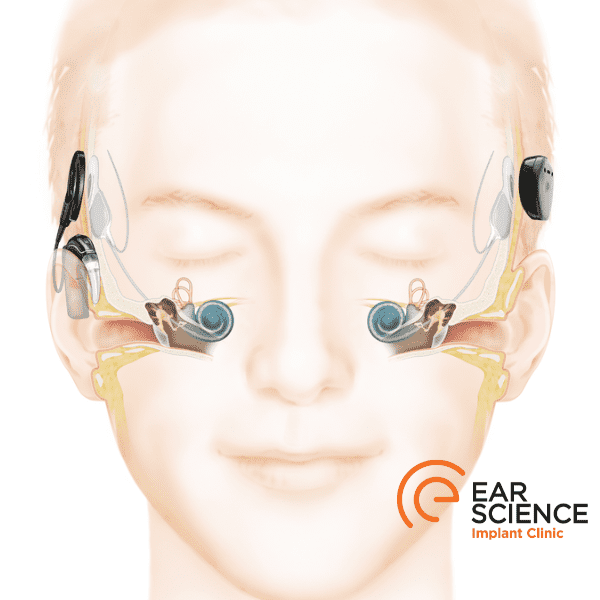
There are many causes of hearing loss from ageing to genetic conditions to noise exposure, but what about after contracting COVID-19?
While there is strong evidence that indicates the pandemic has had significant effects on the physical and mental health of individuals in both the medium and long term. The challenge is to determine whether the virus was the cause of these effects or was acquiring another health condition such as hearing loss coincidental.
Did the rates of certain health conditions, including hearing loss, rise during the COVID-19 pandemic? And, did the risk of developing these conditions increase for individuals who contracted COVID-19?
Here we will explore these questions, specifically the potential impact of COVID-19 on ear and hearing health, focusing on hearing loss, tinnitus, and balance.
The immediate signs and symptoms of the COVID infection included fever, dry cough, fatigue, sore throat, production of sputum, headache, dizziness, nasal congestion. These are typical of what we call the common cold and other influenza viruses. Their temporary effects on hearing and balance are well known.
A recent review of all the relevant studies to date (Jafari et al. 2022) shows that no studies have properly assessed hearing, tinnitus or dizziness, but all replied on self-report of patients or notes taken in clinics. Bearing this in mind, the studies shows that 3.1% of people with COVID-19 report a hearing loss, but the severity of the hearing loss is not known. Tinnitus was reported by 4.5% of those with COVID-19. Finally, dizziness was reported by 12.2% of those with COVID-19.
These findings are generally supported by an even more recent study of over 1 million patients with a positive or negative diagnosis of COVID-19 seen at 61 centres around the world between January 2020 and June 2021 (Africa et al. 2023). They found that hearing was not more common 1 month after testing positive for COVID-19 compared to those who tested negative for COVID-19. They did find a slightly increased risk for tinnitus and dizziness in those who tested positive for COVID-19, but that the incidence was very low (and much lower than reported by others).
What does this mean for you?
Although it appears that COVID-19 probably has little impact on hearing health, it is important to remember that any sudden changes in your hearing or your balance should be further investigated. This is especially important for a condition called Sudden Sensorineural Hearing Loss (SSHL), where someone loses much or all of their hearing within a day. Although this is not common, in many cases SSHL can be treated, but only if this treatment is given within the first few days.
Furthermore, if your hearing loss is starting to affect your daily activities, your communication with loved ones or colleagues, or your listening in noisy places becomes difficult, then a consultation with an audiologist is recommended.
References:
Jafari Z, Kolb BE, Mohajeran MH. Hearing Loss, Tinnitus, and Dizziness in COVID-19: A Systematic Review and Meta-Analysis. Canadian Journal of Neurological Sciences. 49(2):184-195; 2022.
Africa RE, Westenhaver ZK, Zimmerer RE, McKinnon BJ. Evaluation of Disturbances in Hearing, Tinnitus, and Vestibular Symptoms as Signs of COVID-19 Infection. Otology & Neurotology. 44(2): 126-133; 2023.






